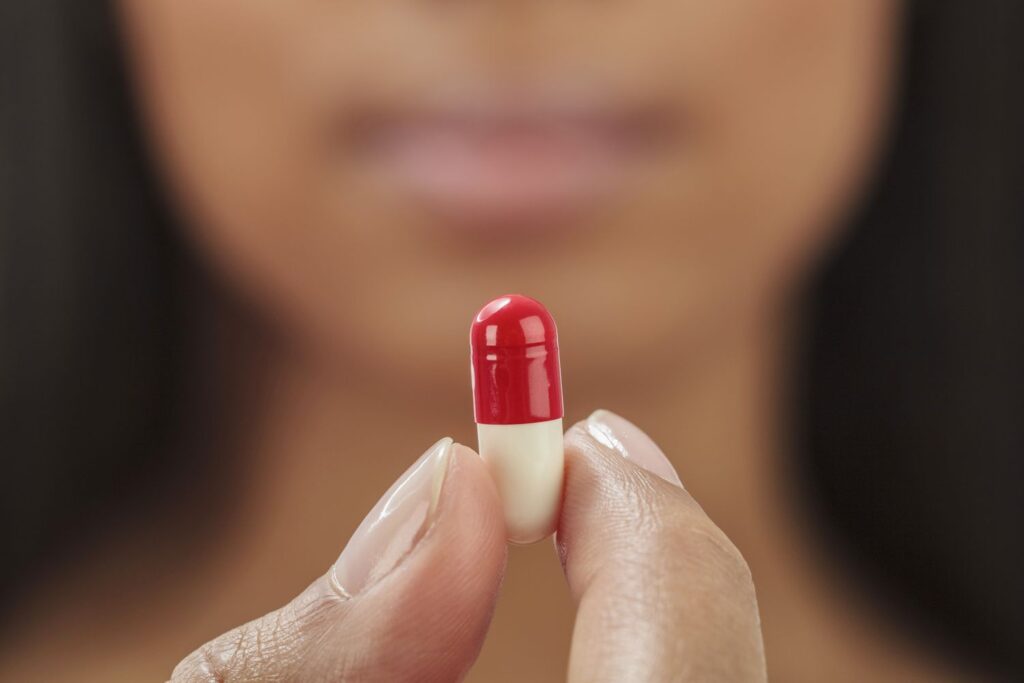No Responses
April 15, 2024

People living with depression are more likely to develop substance use disorders than people who don’t have depression.
One 2020 review of research considered both community and clinical data from 1990 to 2019. According to the results:
- 25% of people with major depressive disorder (MDD) also have a substance use disorder
- 8% of people with MDD also have alcohol use disorder
- 8% of people with MDD also have illicit drug use disorder
- 7% of people with MDD also have cannabis use disorder
When individual live with depression, he might find using alcohol and other substances to help ease or better manage symptoms of depression. This is often called self-medicating.
Some common reasons people might be motivated to self-medicate include:
- Soothing unwanted emotions: It can be exhausting to feel sad, lonely, or angry a lot of the time. For some, drinking alcohol may relax them, give them a break from the distress, or “numb” their pain.
- Lifting moods: Depression can make it tough to feel happiness or joy, even when good things happen in your life. Some people might feel as if they can only feel good — or feel anything at all — while under the influences of alcohol or other substances.
- Getting some sleep: Depression and insomnia often go hand in hand. Some people turn to sedatives to knock out.
- Boosting energy levels: Depression often saps energy, in part due to lack of sleep. Some people may use stimulants to feel more alert.
Just as depression can factor into substance use, substance use disorders can also play a part in depression.
Substance use can contribute to depression in four main ways:
- Inflammation- Many substances, particularly alcohol, can prompt the short-term release of dopamine in brain, which can produce feelings of pleasure.But they can also increase inflammation in the brain. Inflammation, in turn, makes it harder for brain to produce mood-boosting chemicals like serotonin and dopamine on its own.
- Cortisol-Alcohol and drugs don’t just reduce levels of mood-boosting chemicals in brain. They can also greatly increase levels of chemicals related to stress.
- Withdrawal- Regular use alcohol or drugs make brain dependent on those substances to function. When person suddenly stop using those substances, it may take a while for brain to adjust and produce the levels of chemicals it typically would. It makes person feel low, numb, or have trouble finding pleasure or interest— all of which can also happen with depression.
- Isolation- Spending a lot of time drinking alcohol and using drugs can eventually sabotage career or schoolwork, not to mention affect relationships. Isolation can make it more difficult to get encouragement, sympathy, and affection .These can increase chances of developing depression.
Treatment
- Cognitive behavioral therapy (CBT): This approach can help person to address distorted thought patterns and unhelpful behaviors that factor into both depression and substance use.
- Motivational interviewing: This approach can help to resolve conflicted feelings around substance use or self-sabotaging habits.
- Dialectical behavioral therapy (DBT): This approach can help to learn and practice new ways to regulate emotional distress and better manage low moods, cravings, and withdrawal symptoms.
- Medication

